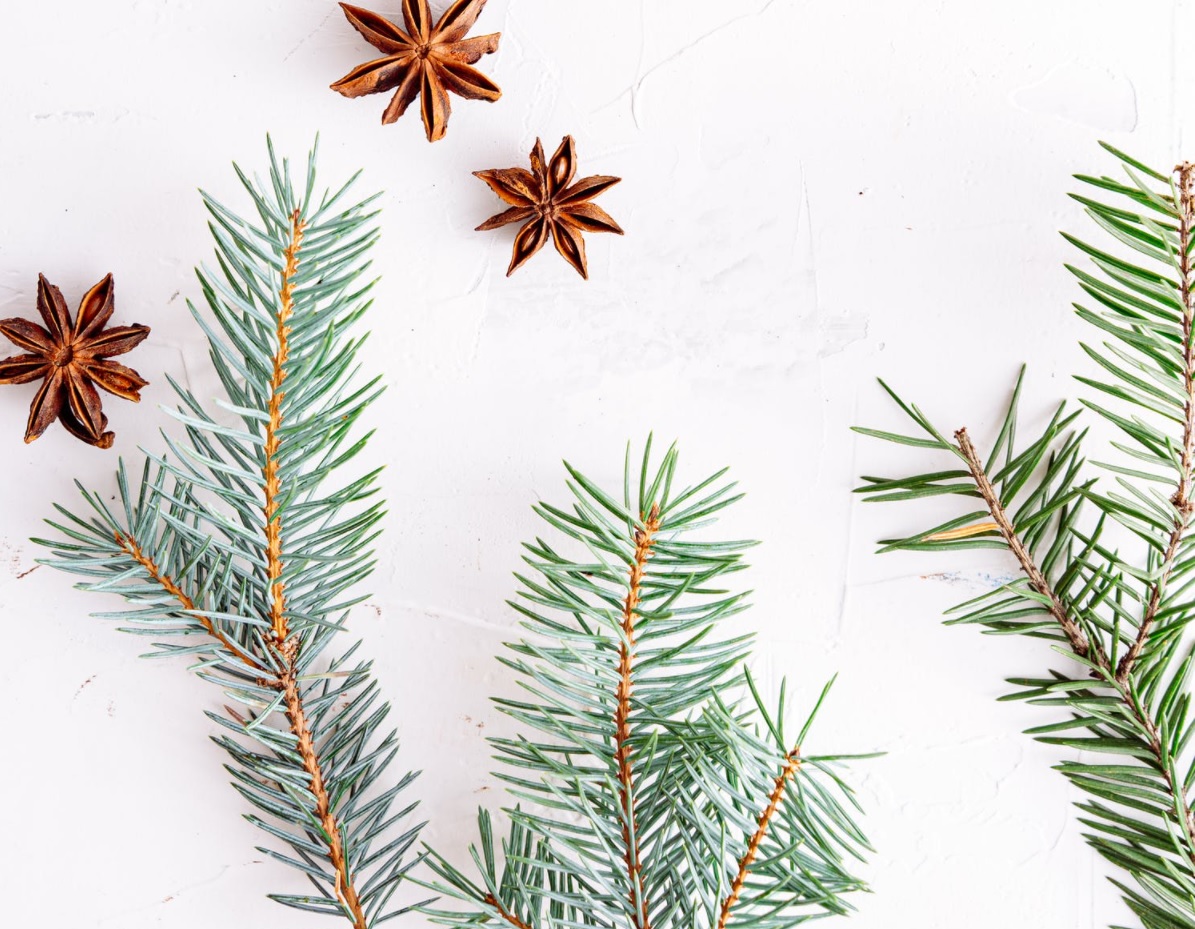
Christmas is a time for buying decorations, gifting presents, and enjoying delicious food. Unfortunately, this all leads to the creation of more waste. In fact, a survey carried out by Zero Waste Canada in 2017 found that Canadians produce around 25% more waste over the holidays compared to the rest of the year.
There are many easy ways you can help reduce the amount of waste produced over the festive season and prepare for a more sustainable Christmas. From creatively repurposing decorations to recycling your food waste, here are some tips and tricks to help you have a more eco-friendly holiday.
Wrapping Paper and Decorations
- One of the simplest ways to reduce the amount of waste produced by presents is to save and reuse wrapping paper, gift bags and ribbons.
- You can also give new life to old Christmas cards and crackers that would normally be thrown away. Simply cut them into small rectangles and use the decorated card as gift tags for next year.
- Understanding what can and cannot be recycled is also important. Paper and cards with glitter or foil cannot be recycled, so they will be sent to landfills. Similarly, plastic sticky tape cannot be recycled and must be removed from wrapping paper beforehand.
Top Tip: Wrapping gifts in fabric or brown paper with paper-based tape is eco-friendly and looks great too!
Christmas Tree
- If you have a Christmas tree with the roots intact, it can be re-planted into a larger pot or the ground and will continue to grow. This is great for the environment and means you have a tree ready for next year.
- Trees without their roots can be collected to be recycled into mulch. Many cities offer curbside collection of Christmas trees, so check if your local area does before sending the tree to a landfill.
- If you wish to creatively repurpose your old Christmas tree, then the pine needles can be used to make fragrant potpourri bags to keep in your home. Alternatively, you could transform the tree into rustic coasters by cutting two-inch-thick discs from the stump (just make sure to varnish them before use).
Top Tip: Renting a Christmas tree for the holidays is becoming more popular and is a great way to save money and reduce the amount of CO2 produced from a regular cut down tree.
Donating and Re-Gifting Presents
- Christmas means receiving new clothing, household items, toys, and much more. Instead of throwing away your old items, there are different charities that will accept these as donations. For example, homeless shelters need clothes and toiletries, animal shelters require old towels and blankets, and toys in good condition can be donated to children’s hospitals.
- Sometimes you may receive a gift you do not need or want, instead of leaving it unused you can donate or keep it to re-gift to another person.
- Don’t throw away the used stamps from Christmas cards, you can actually donate them. Oxfam has a programme called Stamp Out Poverty in which your old stamps are used to raise money for various projects.
Top Tip: Shopping from eco-friendly and ethically conscious brands – or even making your own gifts – are both easy ways to act more sustainably next Christmas.
Reducing Food Waste
- There are so many different interesting recipes available online to help you use up your Christmas leftovers. Also, cooked meats and vegetables can be diced and frozen for use in recipes another day, instead of going to waste.
- Another good way to repurpose your food waste is by making homemade stock. Bones and vegetable scraps can be transformed into delicious stock to be used as a base in many dishes (Stock can also be frozen so you always have some handy).
- Composting your waste kitchen scraps is not only good for the planet, but it also produces rich compost full of nutrients for your plants and garden. Discreet compost bins mean you can easily recycle much of your food waste in your own kitchen.
Top Tip: A great way to reduce your food waste is to avoid overbuying produce. Meal planning for the festive period is an easy way to do this and prevent excess food from going to waste.
These simple tips and tricks will contribute to a more eco-friendly Christmas this year, through recycling, repurposing and reducing waste.





